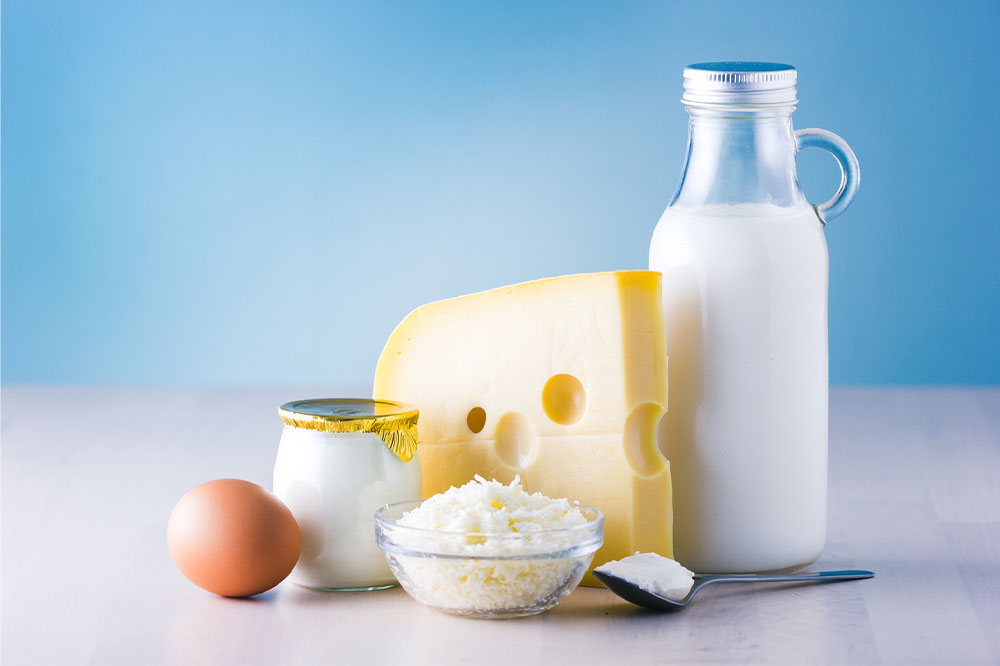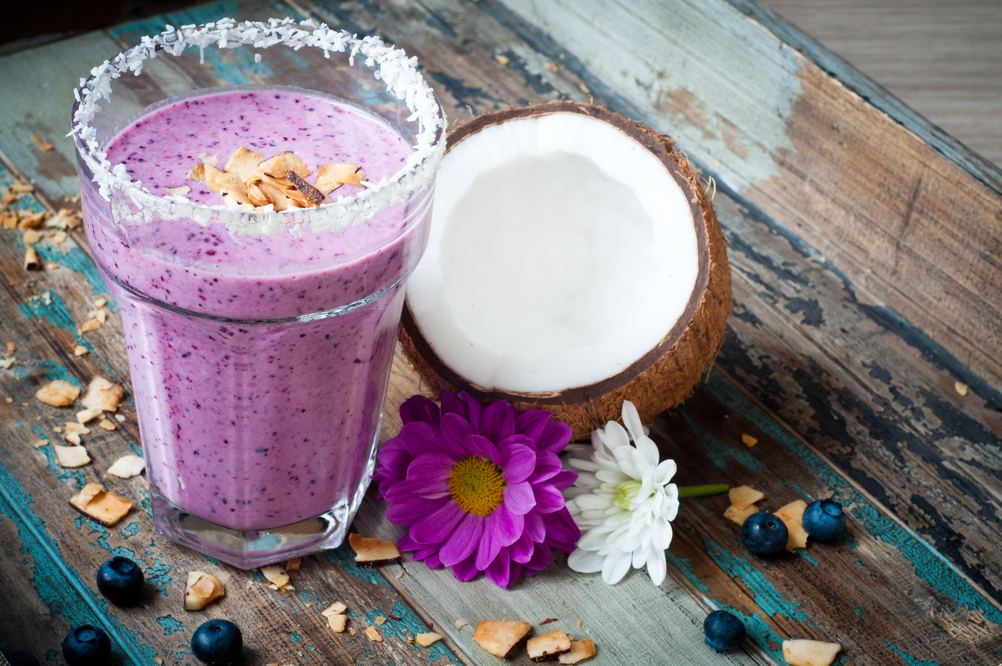Comprehensive Guide to Dairy and Egg Nutrition and Benefits
This comprehensive guide explores the nutritional benefits and distinctions between dairy products and eggs. It highlights their health advantages, categorization, and tips for maximizing benefits through proper cooking and sourcing. Ideal for those looking to improve their diet with nutrient-rich animal foods that support overall well-being.

Comprehensive Guide to Dairy and Egg Nutrition and Benefits
Dairy products and eggs are key components of a balanced diet, offering vital nutrients that support overall health. While both are animal-derived and rich in protein, they serve different dietary roles. Dairy products come from milk of mammals like cows and goats, whereas eggs are laid by birds such as chickens and ducks. These foods are versatile ingredients in countless recipes, with dairy available in various forms, and eggs prepared in numerous styles.
Despite common misconceptions, eggs are not classified as dairy. The misconception stems from their storage coincidence in dairy aisles, but eggs are laid by non-mammalian animals and do not produce milk.
**Dairy Classification**
Dairy encompasses products derived from milk, categorized into four classes based on usage and processing. Class I includes milk intended for drinking and fresh products. Class II involves milk used for producing soft products like yogurt, sour cream, and cottage cheese. Class III covers milk used in hard cheeses, while Class IV includes butter and non-fat dry milk. Whey protein and lactose-free milk are also considered dairy items.
**Nutritional Highlights of Dairy and Eggs**
Both dairy and eggs are nutrient-dense foods, essential for a healthy diet. A standard large egg provides about 78 calories, enriched with proteins, healthy fats, selenium, B vitamins, and vitamin B12. Eggs also contain choline, supporting brain health. Dairy is rich in calcium, vitamin D, protein, B12, and other vital nutrients, contributing to bone strength and overall wellness. Vegan substitutes can provide comparable nutrients.
**Health Advantages**
Incorporating eggs into meals promotes satiety, aiding weight management. Eggs can boost HDL cholesterol, supporting heart health, and help reduce triglycerides. They also contribute to slower cognitive decline and lower risks of eye-related conditions. Dairy products strengthen bones, may reduce the risk of chronic illnesses like diabetes and heart disease, and aid in controlling blood pressure due to potassium content.
**Maximizing Egg Benefits**
Eggs come from a variety of sources, including chickens, quails, ducks, and even ostriches. Popular cooking methods include boiling, scrambling, poaching, and frying. To maximize nutrition, choose organic or pasture-raised eggs when possible. Opt for cooking methods that avoid excess fats, like boiling or poaching, and combine eggs with vegetables for added fiber and vitamins. Use stable cooking oils such as sunflower or avocado oil when frying. Avoid overcooking to preserve nutrients.










